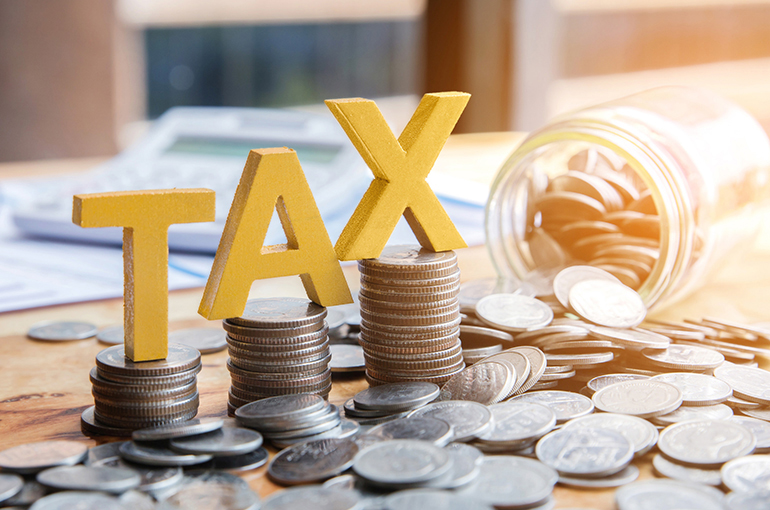 China Aims to Expand Local Government Financial Autonomy, Tax Sources
China Aims to Expand Local Government Financial Autonomy, Tax Sources(Yicai) July 19 -- China plans to increase the financial autonomy of local governments and expand local tax sources to address the financial woes they and the grassroots-level authorities face, according to a senior official at the body responsible for formulating and coordinating national economic and financial policies.
China will enhance the fiscal relations between the central and local governments, boost local autonomous financial resources, expand local tax sources, and expand the central government’s share of fiscal spending, Han Wenxiu, deputy director of the Central Finance Office and director of the Central Rural Affairs Office, said at a press briefing today, the day after the 20th Central Committee of the Communist Party of China concluded its third plenary session.
These reforms will directly addresses the financial issues besetting local and grassroots governments and can promote their resolution, Yang Zhiyong, director of the financial and fiscal research center under the Chinese Academy of Social Science, told Yicai.
China Daily reported that according to the communique released after the third plenum: “It was stated that we must ensure both development and security. To this end, we will implement various measures for preventing and defusing risks in real estate, local government debt, small and medium financial institutions, and other key areas.”
Local authorities have seen their fiscal revenues shrivel after years of big tax cuts and a falloff in income from the sale of land use rights, said Lv Bingyang, executive director of the Institute of Public Finance and Taxation under Renmin University of China. Part of the solution is to increase their sources of income, reduce their expenditure, and adjust the fiscal system, he said.
The financial position of some localities is relatively problematic, said Fan Ziying, dean of the School of Public Economics and Administration of Shanghai University of Finance and Economics. In the past two years, the central government transferred more than CNY10 trillion (USD1.38 trillion) to them, Fan noted, adding that most lower-level authorities heavily rely on income from higher levels.
With the developments of the digital economy and artificial intelligence, China should build a suitable fiscal system that does not bring further challenges, Fan pointed out.
Local governments’ general public budget revenue, the comprehensive income they collect and use to fund public spending, edged up 0.5 percent to CNY5.41 trillion (USD744.5 billion) in the first five months of the year compared with the same period of last year, according to the Ministry of Finance. Their general public budget expenditure rose 2.4 percent to CNY9.39 trillion.
China has a total of 18 taxes, which are divided into three categories based on their nature, according to the State Taxation Administration of China. Some of them are collected solely by the central government, some only by local governments, and others are shared.
Former Finance Minister Liu Kun said in December 2020 that the 14th Five-Year Plan would reform fiscal revenue dividing between the central and local governments and the collection of consumption tax would be gradually passed to the latter to help expand local fiscal income.
Editors: Zhang Yushuo, Futura Costaglione